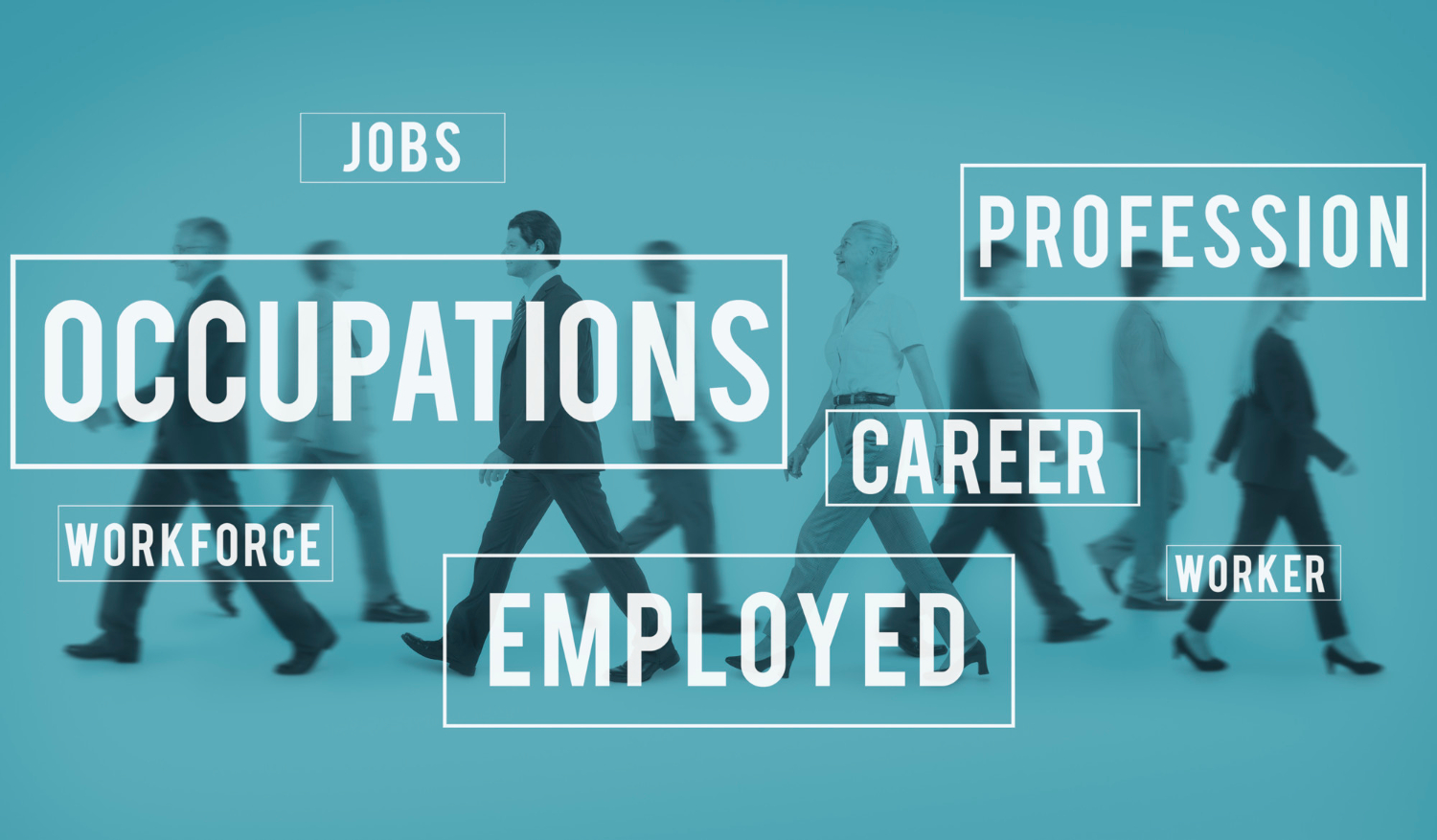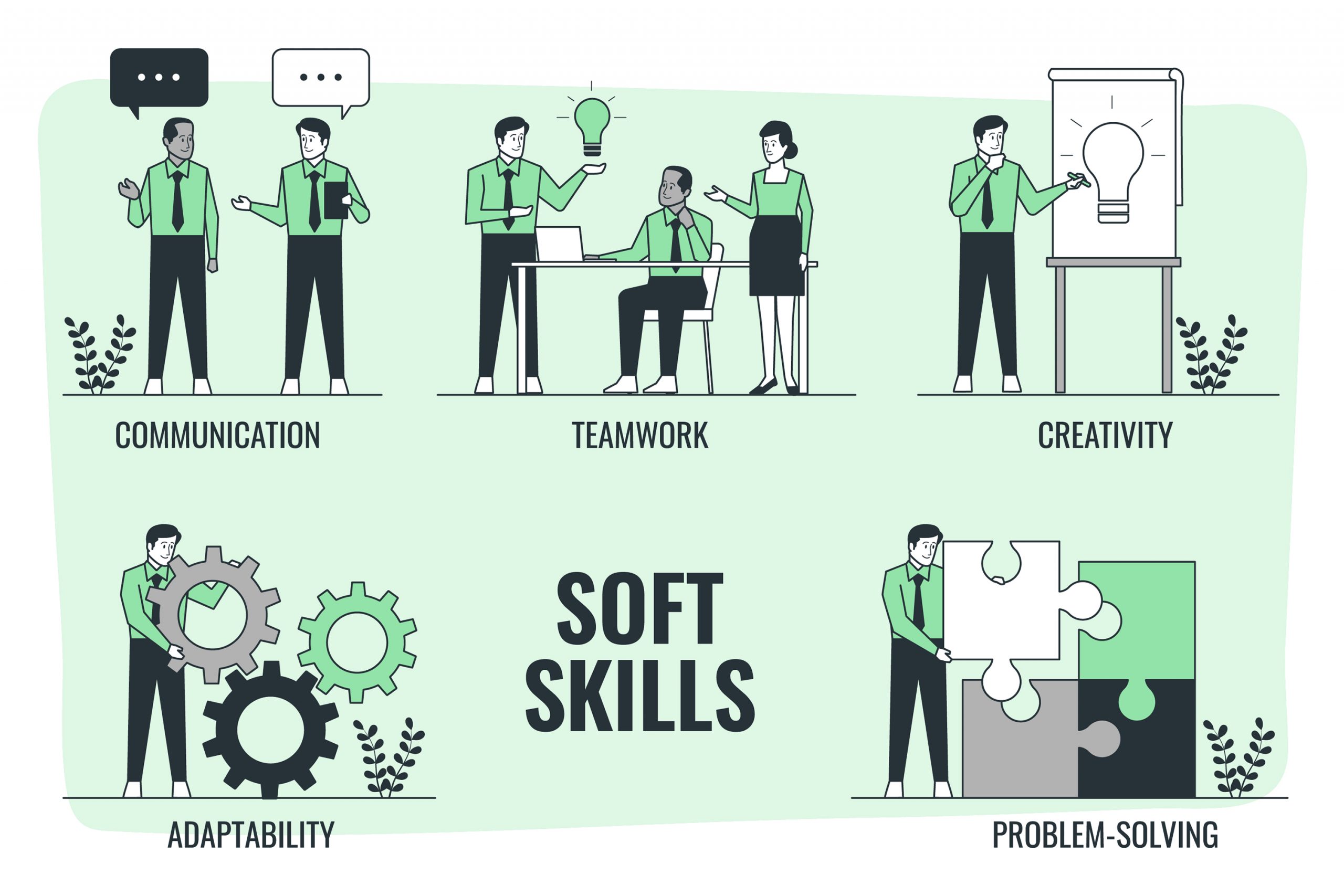The job market is evolving at an unprecedented pace, and stagnation is no longer an option. Whether you’re looking to get promoted, switch careers, or stay competitive in your industry, continuous learning is the key to long-term career success.
Employers today prioritize skill adaptability over years of experience. Companies want professionals who continuously upskill, stay ahead of industry trends, and bring fresh expertise to the table.
In this blog post, we’ll explore how lifelong learning can accelerate your career growth, where to find learning opportunities, and how tools like VioResume’s AI Resume Builder and Automatic Job Matching can help you highlight your new skills.
Why Continuous Learning is Essential for Career Growth
The days of earning a degree and relying on it for a lifetime career are over. Technology, automation, and changing industry needs require professionals to learn, unlearn, and relearn regularly.
Here’s why continuous learning is crucial in 2025 and beyond:
1. Increases Job Security
- Automation is replacing repetitive tasks, but professionals who expand their skill set remain valuable.
- Adaptability and willingness to learn make employees indispensable during restructuring or layoffs.
2. Boosts Earning Potential
- Professionals with up-to-date skills earn higher salaries and have better negotiating power.
- According to LinkedIn, individuals who engage in continuous learning earn 2x more promotions than those who don’t.
3. Opens Doors to Career Transitions
- If you want to switch industries, learning new skills allows you to pivot into high-demand fields.
- Careers like data science, AI, and cybersecurity are booming—learning relevant skills can fast-track entry into these fields.
4. Keeps You Competitive
- Companies prioritize candidates with the latest industry knowledge over those with outdated expertise.
- Learning new technologies, frameworks, or certifications keeps you ahead of younger, tech-savvy candidates.
What Skills Should You Continuously Learn?
To future-proof your career, focus on both hard and soft skills.
1. Technical Skills (Hard Skills)
Industries are rapidly integrating new technology. Staying updated ensures you remain a valuable asset.
✅ Popular Hard Skills to Learn in 2025:
- AI & Machine Learning – Future-proofing roles in tech
- Data Analytics – Critical for business strategy
- Cybersecurity – Growing demand for IT security
- Cloud Computing (AWS, Azure, Google Cloud) – Companies migrating to the cloud
- Programming Languages (Python, JavaScript, SQL) – Foundational for IT jobs
- SEO & Digital Marketing – Essential for online business growth
2. Soft Skills (Human-Centric Skills)
AI may automate tasks, but it can’t replace soft skills like leadership and critical thinking.
✅ Top Soft Skills Employers Want:
- Emotional Intelligence (EQ) – Crucial for team management
- Communication & Negotiation – Helps in leadership and client relations
- Problem-Solving & Critical Thinking – Essential for strategic roles
- Creativity & Adaptability – Key to innovation in any industry
How to Engage in Continuous Learning Without a Full Degree
You don’t need to go back to school for another degree to stay competitive. There are affordable and accessible ways to learn:
1. Take Online Courses
- Coursera & edX – University-level courses from Harvard, MIT, Google
- Udemy & LinkedIn Learning – Affordable, career-focused courses
- Google Career Certificates – AI, Data Analytics, UX Design certifications
2. Get Certified in Your Industry
- AWS, Google Cloud, or Azure Certifications – Cloud Computing
- PMP (Project Management Professional) – Project Management
- Google Data Analytics Certification – Data Science
- HubSpot or Google Ads Certification – Digital Marketing
3. Attend Industry Conferences & Webinars
- Follow experts in your field and stay updated with new trends and networking opportunities.
4. Join Professional Communities
- Participate in LinkedIn Groups, Slack Channels, and Industry Meetups.
- Engage in discussions and share insights to build credibility in your field.
5. Read Books, Blogs, & Listen to Podcasts
- Follow industry blogs, read books on business, leadership, and self-improvement.
How to Showcase Continuous Learning on Your Resume
Once you’ve upskilled, you need to highlight these new skills on your resume to make an impact. Here’s how:
1. Add a ‘Professional Development’ Section
- List recent courses, certifications, and industry-related learning.
2. Use Keywords That Reflect Learning
- Recruiters scan resumes for keywords like “Certified in Data Analytics,” “Completed AWS Cloud Practitioner Course.”
- VioResume’s AI Resume Builder automatically includes ATS-optimized keywords to ensure your resume gets noticed.
3. Mention How Learning Has Impacted Your Work
- Show how newly acquired skills helped improve your performance or drive business results.
✅ Example:
- “After completing Google’s Data Analytics certification, I implemented data-driven marketing strategies, increasing conversions by 25%.”
How VioResume Helps Professionals Stay Competitive
VioResume offers career-enhancing tools to ensure your learning efforts translate into career growth.
✅ AI Resume Builder
- Creates a resume that highlights your new skills and aligns with industry trends.
✅ Automatic Job Matching
- Matches your newly acquired skills with high-paying job openings in relevant fields.
✅ Video Resume Feature
- Lets you showcase your passion for learning and career growth in a short video format.
🚀 Want to create a resume that highlights continuous learning? Get started with VioResume today!











